What Is Monkeypox? Symptoms, Transmission, and What You Need to Know About the Global Emergency
The World Health Organization (WHO) has declared a global emergency due to the monkeypox virus, which has recently surged across Africa, causing worldwide concern. First making headlines in 2022 in South Africa, this outbreak has intensified fears globally. What exactly is monkeypox, and how is it transmitted? Are there specific symptoms to watch for? Dive into this comprehensive guide for the latest insights on monkeypox.
WARNING: This article provides informational content based on WHO updates and does not offer medical advice or treatment recommendations. For diagnosis or treatment, consult a healthcare professional.
What is the Monkeypox Virus?
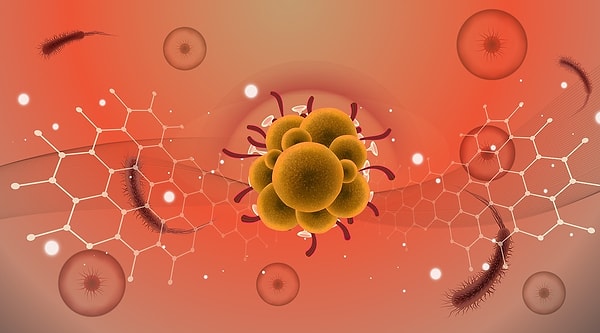
The Monkeypox virus is a member of the Orthopoxvirus genus within the Poxviridae family. While Monkeypox is a virus that causes disease, a similar virus from the same family, Variola virus, causes smallpox, a disease experienced by almost everyone.
The Monkeypox virus was first identified in 1958 following research!
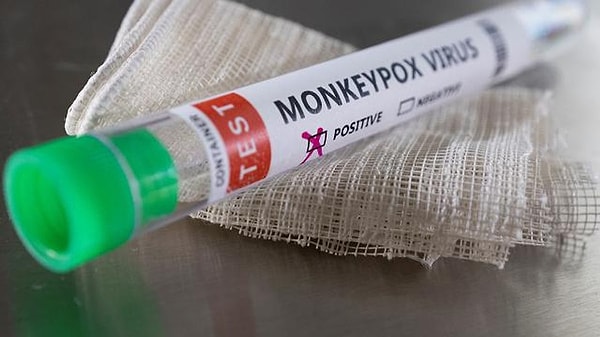
The virus was discovered after symptoms similar to smallpox were observed in a group of monkeys. It was later determined that the virus emerged from two different outbreaks.
In humans, it was first detected in 1970 in the Democratic Republic of Congo, in a 9-month-old boy. However, up until now, the cases have predominantly been reported in Africa. Specifically, two different genetic subtypes of the disease have been identified in West Africa and the Congo Basin in Central Africa. For many years, Monkeypox was confined to Africa, but occasional cases were reported in various parts of the world due to exported animals.
How is Monkeypox Transmitted?
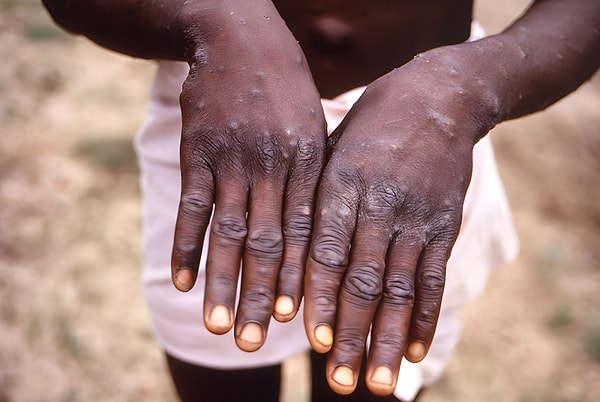
Monkeypox virus can be transmitted from an infected animal or person. It can spread to humans through contact with body fluids, blood, skin lesions, or mucous membranes from infected animals. Consuming the meat of an infected animal can also transmit the virus to humans.
The virus is not only found in monkeys but also in African tree and rope squirrels, various rodents, and prairie dogs. Monkeypox can spread from animals to humans and also from person to person. Contact with lesions on an infected person’s body, using shared items, or coming into contact with bodily fluids from open wounds, mouth, nose, or other open tissues can increase the risk of transmission.
In 2022, during a global outbreak, it was found that the virus was predominantly spread through sexual contact.
What Are the Symptoms of Monkeypox Virus?
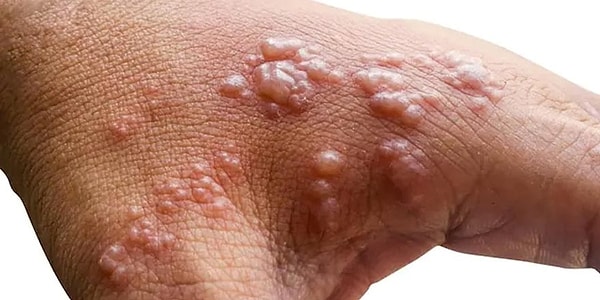
After contracting the Monkeypox virus, an incubation period occurs, lasting between 5 to 21 days. The virus typically shows symptoms between the 6th and 13th day. General symptoms of Monkeypox include:
Head, back, muscle, and joint pain
Weakness and fatigue
High fever
Chills and shivering
Swelling in lymph nodes
Skin rashes with fluid-filled blisters
The most common symptom of Monkeypox is skin rashes.

Initially appearing on the face, these rashes can spread to various parts of the body. They may also occur in the mouth, genital area, and eyes. The appearance of the rashes can vary depending on the individual's immune response. In severe cases, the blisters may merge to form large rashes on the skin.
The healing process of the rashes varies depending on the course of the disease, usually taking between 2 to 4 weeks to form crusts and eventually heal. People with weakened immune systems may experience more severe illness, including respiratory issues, pneumonia, and vision loss.
As with any virus, there is a risk of death from Monkeypox. The mortality rate increases if secondary infections occur. Additionally, younger patients have a higher mortality rate compared to older age groups.
How to Prevent Monkeypox Virus?
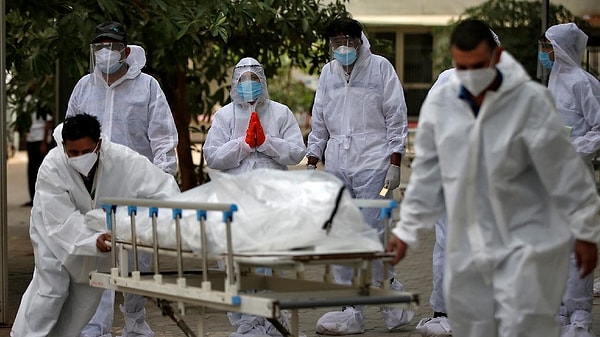
One of the fundamental ways to prevent Monkeypox is through hygiene. Hands should be washed with soap, and attention should be paid to hand hygiene after using shared spaces. Hands should not be brought to the mouth or nose.
Avoid close contact with infected individuals and ensure that meat is thoroughly cooked before consumption. Contact with dead animals should be avoided, and areas frequented by rodents like rats and squirrels should be disinfected.
How is Monkeypox Diagnosed and Treated?
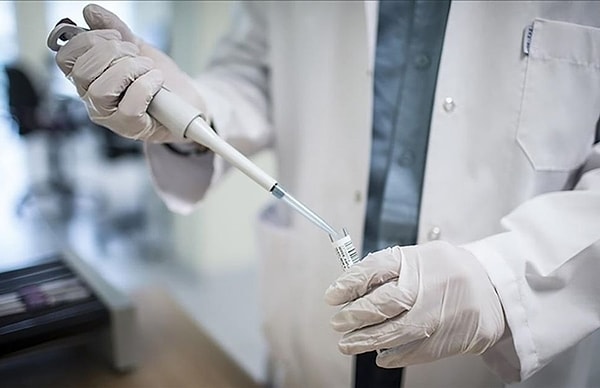
Diagnosing Monkeypox requires recognizing symptoms in individuals who have traveled to non-endemic countries in the past month. The disease can be diagnosed using PCR tests on body fluid samples from infected or exposed individuals.
Supportive treatments are crucial for managing the disease. Those who have previously had smallpox or received the smallpox vaccine have higher immunity to Monkeypox. Infected individuals should isolate themselves, protect and cover skin lesions.
Getting the Mpox vaccine can help prevent infection. The vaccine should be administered within 4 days of contact with someone with Monkeypox (or up to 14 days if no symptoms are present).
Is Monkeypox Virus Deadly?

Monkeypox virus has two different strains, with one being more severe and potentially deadly than the other. However, the majority of cases resolve with the rashes disappearing and the disease improving within 2 to 4 weeks. The mortality rate for Monkeypox is between 3% to 6%.
Although the mortality rate is low, as with any disease, early diagnosis, timely treatment, and proper medical care are essential.
Keşfet ile ziyaret ettiğin tüm kategorileri tek akışta gör!


Send Comment